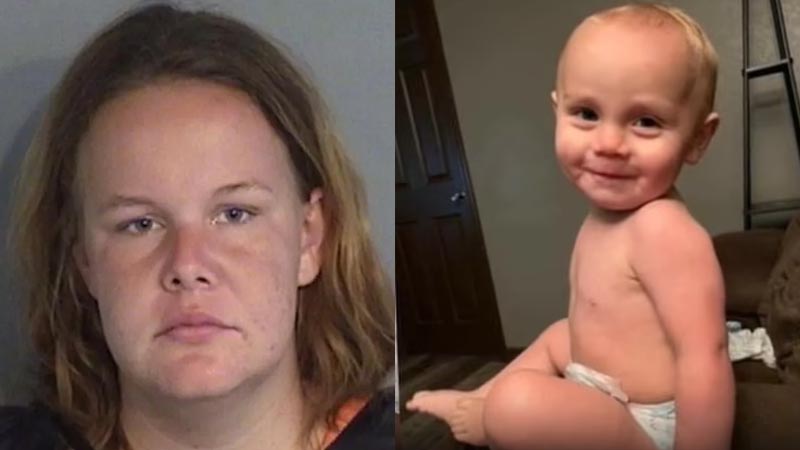Young Woman’s Skin Cancer Diagnosis at 21 Sparks Urgent Call for Awareness: “‘I Thought It Was Nothing’

( Image: Darcy Shaw)
Darcy Shaw, a 26-year-old teacher from Saltburn-by-the-Sea, North Yorkshire, is using her own experience with skin cancer to raise awareness about the importance of recognizing early warning signs. Darcy was just 21 when her mother noticed that a mole on her collarbone had grown darker and larger during a visit home from university. Though initially brushed off by her doctor, Darcy’s persistence ultimately led to a life-saving diagnosis.
“It was my mum who spotted that the mole was changing, and she encouraged me to go to the doctor,” Darcy recalls. “I felt silly mentioning it at first, not knowing that changing moles could indicate cancer.” At her initial appointment, her concerns were dismissed. “My GP thought there was nothing to worry about,” she told The Mirror, but she didn’t give up.
Monitoring her mole through photos, Darcy noticed it continued to change, prompting her to seek another medical opinion. This time, her doctor referred her to Salford Royal Hospital, where a biopsy confirmed the mole was melanoma. “I had never heard of the word melanoma before, so when the doctor told me I had it, I didn’t know what it meant,” Darcy said. She faced the diagnosis alone but was grateful for the support of a Teenage Cancer Trust Lead Nurse who provided immediate comfort and guidance.
Throughout her treatment at The Christie NHS Foundation Trust, Darcy was supported by the Teenage Cancer Trust, a UK charity dedicated to young cancer patients. “The doctors couldn’t pinpoint why I got skin cancer. I’m pale with reddish hair, and I avoid the sun,” Darcy explained, expressing relief that no one suggested her lifestyle caused the condition.
After successful surgery to remove the mole, Darcy found comfort in connecting with others who had faced similar experiences. Through the Teenage Cancer Trust, she joined a Facebook group for young cancer patients and also participated in a Look Good Feel Better session, where she connected with other women navigating visible scars and the emotional challenges of recovery.
While the physical signs of cancer were treated, Darcy admits that the emotional impact remains. “I thought that once I had the surgery and got the all-clear, I’d be fine,” she shared, “but the scars and emotions are still very much there. I still have to have scans, and waiting for results makes me anxious. But I’m nearly at the end of my five-year surveillance period.”
Now a passionate advocate, Darcy urges others, especially young people, to familiarize themselves with common cancer symptoms. “If you notice something unusual, never think you’re wasting someone’s time by getting it checked out,” she stressed. “It’s easy to ignore symptoms, especially if you feel like they’re due to stress or a common illness. But getting something checked sooner is so important.”
Darcy highlights five key signs of cancer everyone should watch for unusual lumps, persistent fatigue, changes in moles, ongoing pain, and unexplained weight changes.
Louise Soanes, Chief Nurse at Teenage Cancer Trust, echoed Darcy’s message, stating, “It’s essential to know your own body to spot any changes. Although cancer in young people is rare, it does happen, so knowing the signs is critical.” She encourages anyone with health concerns to visit their GP and provide as much information as possible.
With statistics showing that cancer is the leading cause of disease-related death in UK teenagers and young adults, awareness of early symptoms could prove life-saving.


